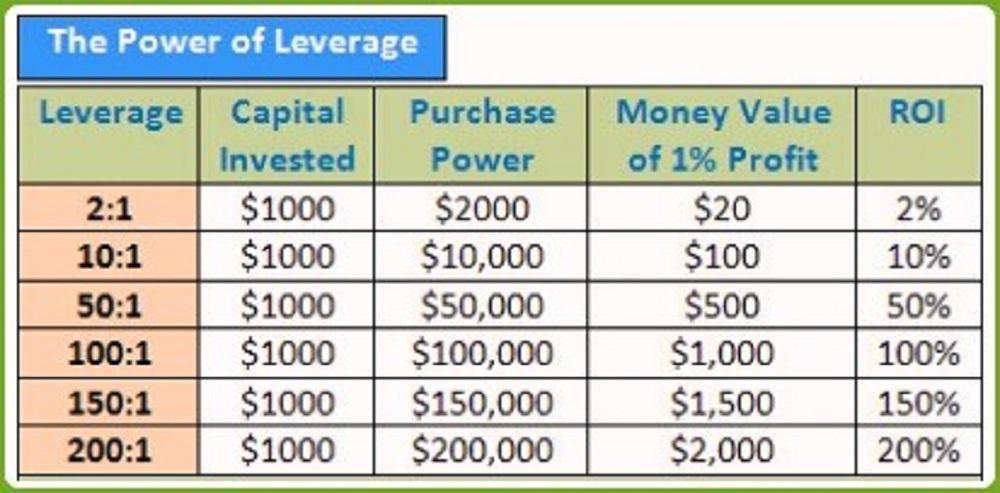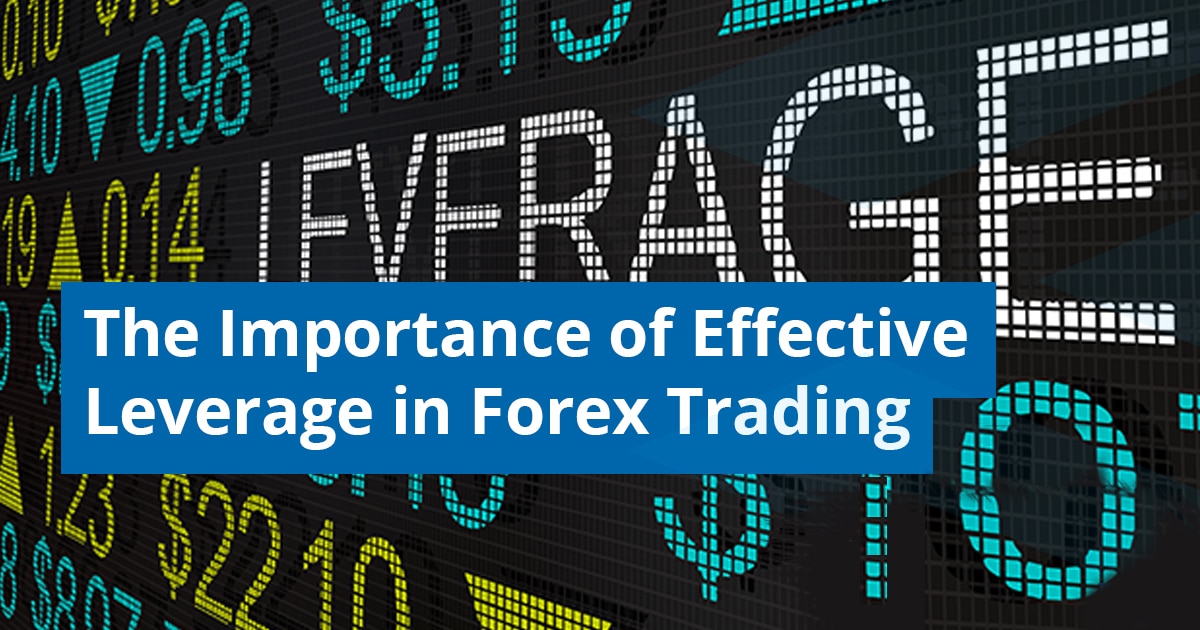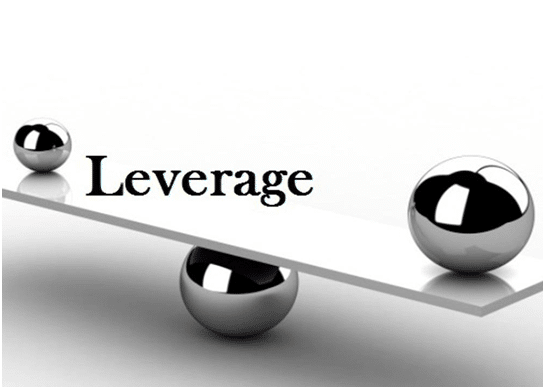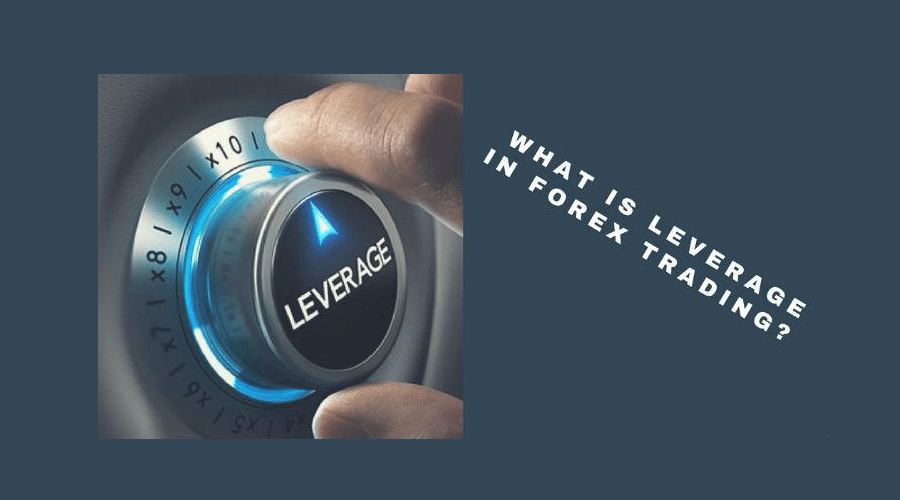Ever heard the saying ‘leverage is a double-edged sword’ Well, that is a statement that has stood the test of time from allowing people to make a fortune while trading, leverage has also caused anguish and pain in equal measure.
What is Leverage?
In finance, leverage is borrowed capital that allows traders and investors to trade significant positions that their capital would not handle ordinarily. It is merely a loan that brokers offer to enable traders to enter long positions for enhanced payouts.
In forex, brokers lend the extra amount of capital in the form of leverage that increases the buying power of an underlying capital. The loan ensures traders don’t have to deposit too much equity to trade some securities. Likewise, leverage allows traders to access expensive assets that would be difficult to buy and sell outright.
The ratio of debt and equity in a trading account is what gives rise to leverage. The greater the leverage, the higher the margin, which allows traders’ to open big positions. The amount of leverage issued varies from one broker to another and depends on trading conditions issued by a forex broker. In most cases, leverage can come in the form of 1:20, 1:50 1:100, 1:200 1:500.

Leverage Example
Let’s say you deposit $1,000 in a trading account and choose 1:100 as leverage. It means you have $100,000 ($1,000 x100) as capital used in trading. In this case, you can place trades worth as much as $100,000.
Likewise, if you place a trade and a currency pair rises, 2%, you earn as much as 2% of the $100,000, which is $2,000. Likewise, the principle applies for losses, which means losses will increase with the same breadth.
Now consider a trader trading without leverage. A 2% price fluctuation on a $1,000 trading account would amount to a profit of $20. With leverage, it is clear that profits are extrapolated to $2000 compared to just $20 without leverage.
Why is Leverage Important?
Financial leverage is essential as it minimizes the barrier for entry into the forex market. Small investors able to raise a small amount of capital can still participate in the market and trade like institutional investors with the help of leverage.

Similarly, leverage is essential, given its ability to magnify profits in the market. Currencies fluctuate on average of less than 1% per day, making it challenging to generate a substantial amount of profits with a small amount of capital. Put, without leverage, and it would not be easy to make profits even with consistent investment capital.
Traders also use leverage in trading, given that it increases the rate at which one receives a payout. In this case, a trader can enter a trade using a much bigger size to earn the desired profits over a short period, unlike when trading with a small amount of capital, restricting the number of units that one can buy or sell.
How Leverage Can Hurt You: Double-Edged Sword
While leverage does an excellent job in magnifying gains, it can also harm a trading account in equal measure if a trade goes south. When misused, leverage leads to the accumulation of losses much faster, a development that can see a trading account wiped out in minutes. While profits are multiplied by the same coefficient of leverage, say 10 100 or 200, the same applies to losses when calling.
Some brokers offer leverage of as much as 400: 1. What this means is that with as little as $300, one can open positions worth $120k given that the average pip size in this case $12 and account can be wiped out on a currency pair moving 25 pips against a trader.
How to choose the Right leverage
Risk management is crucial when it comes to using leverage. With the right risk management strategy, a trader can select leverage that minimizes the risk of losing the entire capital on a single trade going amiss. Therefore, it is essential to use weak leverage until one fully masters the market.
Just because a forex broker offers a 400: 1 leverage, does not mean you have to use it. The best time to use leverage is when adding to a winning trade. You can add leverage when a trade goes in favor as a way of magnifying profits.
A small amount of leverage applied on a trading account or trade provides the much-needed space to set a more comprehensive but reasonable stop loss. A highly leveraged trade or account, on the other hand, requires a trade to use a tight stop loss to counter the effects of wild swings that can wipe an account in seconds.
What You Should Know About leverage
Leverage is crucial to trading the capital markets, given its ability to access expensive assets and magnify gains. However, being a double-edged sword, the tool can lead to an exponential increase in losses on a trade going south. Therefore, caution is crucial when selecting the amount of leverage to go with.

Leverage is a function of risk. As the tool enlarges profits so, does it enlarge losses as well by the same magnitude? Conversely, the higher the amount of leverage deployed in a trading account, the higher the risk in a trading account relative to each position opened.
While leverage is a function of risk, it does not mean you have to be afraid of it. Leverage is an essential tool that can be used to grow a trading account quickly when used correctly. With proper risk management, you have no reason to worry about leverage.
Conclusion
There is no thumb rule on the amount of leverage that one can use in the market. It all boils down to a trader’s strategy and visions of actual market moves. Similarly, the longer you expect to keep a position longer, the smaller the leverage should be, to avoid being stopped out on margin calls on extreme market fluctuations.
